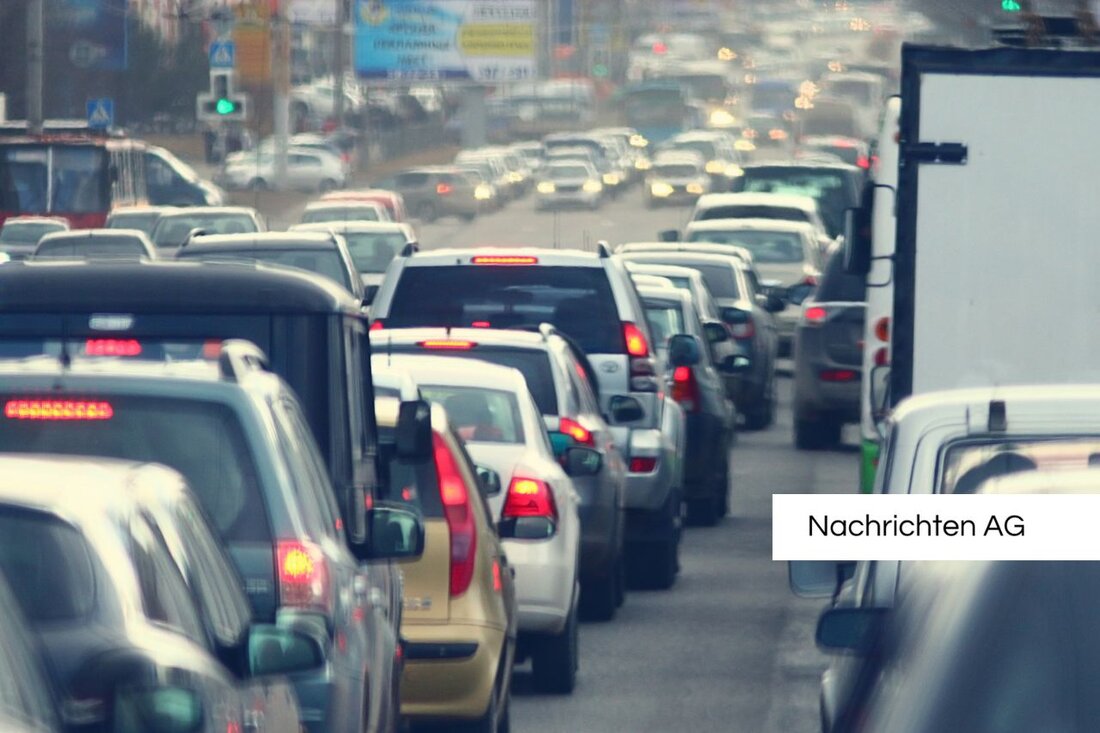Over 100 demonstrators are demanding: an end to the Eibsee traffic chaos!
Around 100 demonstrators in Grainau are demanding improvements to Eibsee traffic. Protest against traffic jams and overcrowding on October 12th.

Over 100 demonstrators are demanding: an end to the Eibsee traffic chaos!
In Grainau the pressure on politics is increasing. Around 100 demonstrators gathered on Sunday, October 12th to protest against the serious traffic problems around Lake Eibsee. The event, organized by Martin Sielmann and 17-year-old Andreas Neuner, started at the Lower Village Square and led through the congested Eibseestrasse, which was completely closed between 2:30 p.m. and 5:30 p.m. that day. With a clear motto - “Keeping tourism on the Eibsee in balance” - the participants drew attention to the increasing traffic problems that have worsened since the pandemic.
Mayor Stephan Märkl (CSU), who is also a resident on Eibseestraße, knows the situation only too well and took part in the demonstration neutrally. The protesters demanded, among other things, a significant reduction in private transport and an improvement in local public transport. “We urgently need a bus system with a 15-minute frequency and an on-call bus system,” appeals Sielmann. A revision of the marketing of the Eibsee and its parking spaces is also on the organizers' wish list.
Transport transition as a common challenge
The demonstration reflects a widespread need for a tangible transport transition that affects both urban and rural regions. According to a report by the Federal Agency for Civic Education, measures for the urgently needed transport transition in Germany are indispensable. The overloading of the infrastructure in private motorized transport (MIV) and public transport has negative effects on the environment, traffic safety and the quality of life of local residents. A rethink is required: the shift to environmentally friendly modes of transport is at the center of many discussions. It's about how we can make transport more environmentally and people-friendly.
“We are not just dealing with a regional problem here, but with a challenge that affects many cities in Germany,” says Neuner. The current traffic situation requires urgent measures to reduce climate-damaging emissions and to preserve the urban living space under changing climatic conditions. The organizers of the demo recognized exactly this and are calling on politicians to adapt existing laws and develop new solutions.
Looking for contributions to the solution
It was also clear at the rally that the demonstrators wanted to draw attention to the complex challenges associated with traffic and the tourism crash on Lake Eibsee. “Creative traffic planning could help defuse the situation,” said Märkl. This gives the topic additional importance, because the mobility transition is not just a question of traffic adjustments. Social dimensions must also be taken into account in order to guarantee mobility for all population groups.
In summary, it can be said that the resistance to the Eibsee traffic jam is setting an example. The fundamental questions about the future of transport in the region are now on the table. It remains to be seen whether and how quickly politicians will implement the necessary measures. What is clear, however, is that residents and tourists alike are demanding change.
For further details on this topic, we recommend reading the reporting from Mercury, TZ as well as further analyzes from bpb.de to pursue.

 Suche
Suche
 Mein Konto
Mein Konto